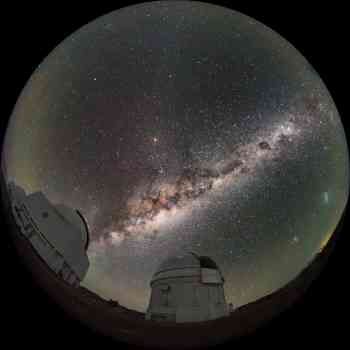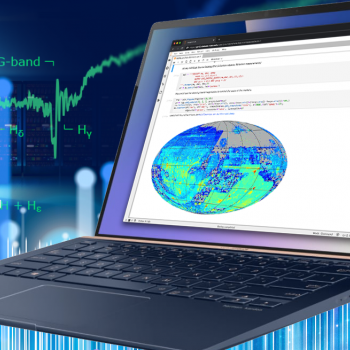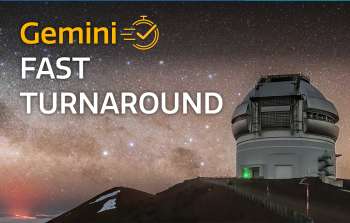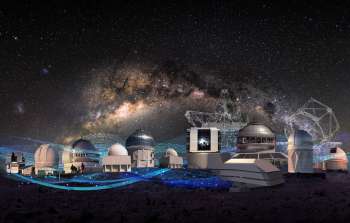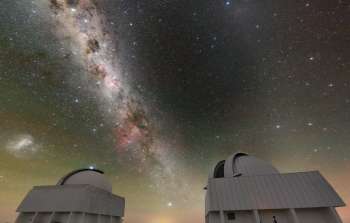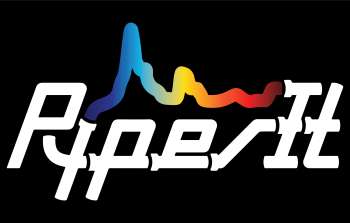Error message
Warning: Undefined array key "q-ann" in noirlab_preprocess_block() (line 138 of themes/custom/noirlab/noirlab.theme).
noirlab_preprocess_block(Array, 'block', Array)
call_user_func_array('noirlab_preprocess_block', Array) (Line: 287)
Drupal\Core\Theme\ThemeManager->render('block', Array) (Line: 433)
Drupal\Core\Render\Renderer->doRender(Array) (Line: 446)
Drupal\Core\Render\Renderer->doRender(Array, ) (Line: 204)
Drupal\Core\Render\Renderer->render(Array) (Line: 479)
Drupal\Core\Template\TwigExtension->escapeFilter(Object, Array, 'html', NULL, 1) (Line: 464)
__TwigTemplate_963f307ac31405d941bd6c239ae4b3f7->block_container_one(Array, Array) (Line: 182)
Twig\Template->displayBlock('container_one', Array, Array) (Line: 389)
__TwigTemplate_963f307ac31405d941bd6c239ae4b3f7->block_nlRegions(Array, Array) (Line: 182)
Twig\Template->displayBlock('nlRegions', Array, Array) (Line: 133)
__TwigTemplate_963f307ac31405d941bd6c239ae4b3f7->block_contentWrapper(Array, Array) (Line: 182)
Twig\Template->displayBlock('contentWrapper', Array, Array) (Line: 89)
__TwigTemplate_963f307ac31405d941bd6c239ae4b3f7->doDisplay(Array, Array) (Line: 405)
Twig\Template->displayWithErrorHandling(Array, Array) (Line: 378)
Twig\Template->display(Array) (Line: 390)
Twig\Template->render(Array) (Line: 55)
twig_render_template('themes/custom/noirlab/templates/system/page.html.twig', Array) (Line: 384)
Drupal\Core\Theme\ThemeManager->render('page', Array) (Line: 433)
Drupal\Core\Render\Renderer->doRender(Array, ) (Line: 204)
Drupal\Core\Render\Renderer->render(Array) (Line: 479)
Drupal\Core\Template\TwigExtension->escapeFilter(Object, Array, 'html', NULL, 1) (Line: 85)
__TwigTemplate_63fa3ee4efbc3e6c701509cbba20c61e->doDisplay(Array, Array) (Line: 405)
Twig\Template->displayWithErrorHandling(Array, Array) (Line: 378)
Twig\Template->display(Array) (Line: 390)
Twig\Template->render(Array) (Line: 55)
twig_render_template('themes/custom/noirlab/templates/system/html.html.twig', Array) (Line: 384)
Drupal\Core\Theme\ThemeManager->render('html', Array) (Line: 433)
Drupal\Core\Render\Renderer->doRender(Array, ) (Line: 204)
Drupal\Core\Render\Renderer->render(Array) (Line: 162)
Drupal\Core\Render\MainContent\HtmlRenderer->Drupal\Core\Render\MainContent\{closure}() (Line: 580)
Drupal\Core\Render\Renderer->executeInRenderContext(Object, Object) (Line: 157)
Drupal\Core\Render\MainContent\HtmlRenderer->renderResponse(Array, Object, Object) (Line: 90)
Drupal\Core\EventSubscriber\MainContentViewSubscriber->onViewRenderArray(Object, 'kernel.view', Object)
call_user_func(Array, Object, 'kernel.view', Object) (Line: 142)
Drupal\Component\EventDispatcher\ContainerAwareEventDispatcher->dispatch(Object, 'kernel.view') (Line: 174)
Symfony\Component\HttpKernel\HttpKernel->handleRaw(Object, 1) (Line: 81)
Symfony\Component\HttpKernel\HttpKernel->handle(Object, 1, 1) (Line: 58)
Drupal\Core\StackMiddleware\Session->handle(Object, 1, 1) (Line: 48)
Drupal\Core\StackMiddleware\KernelPreHandle->handle(Object, 1, 1) (Line: 191)
Drupal\page_cache\StackMiddleware\PageCache->fetch(Object, 1, 1) (Line: 128)
Drupal\page_cache\StackMiddleware\PageCache->lookup(Object, 1, 1) (Line: 82)
Drupal\page_cache\StackMiddleware\PageCache->handle(Object, 1, 1) (Line: 48)
Drupal\Core\StackMiddleware\ReverseProxyMiddleware->handle(Object, 1, 1) (Line: 51)
Drupal\Core\StackMiddleware\NegotiationMiddleware->handle(Object, 1, 1) (Line: 23)
Stack\StackedHttpKernel->handle(Object, 1, 1) (Line: 718)
Drupal\Core\DrupalKernel->handle(Object) (Line: 19)





